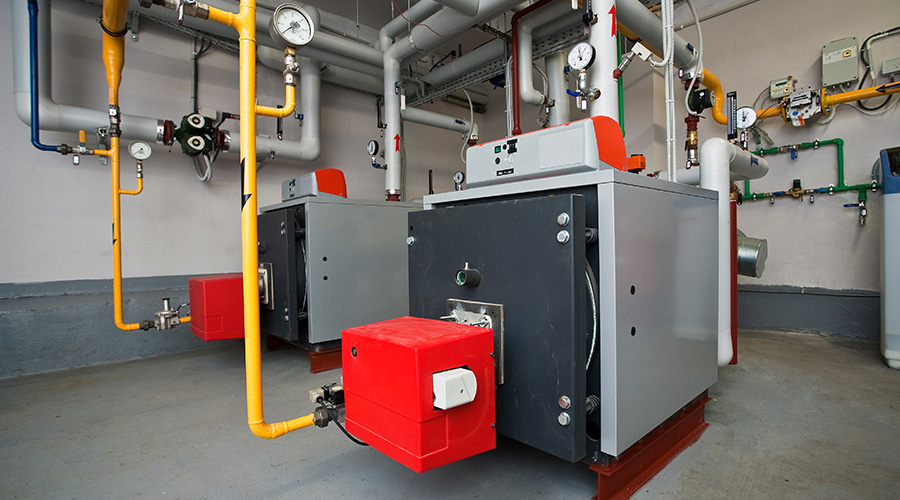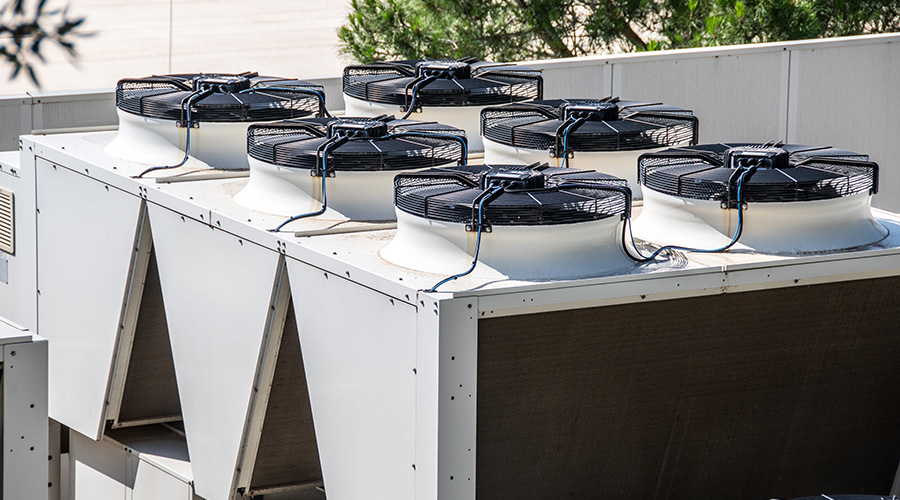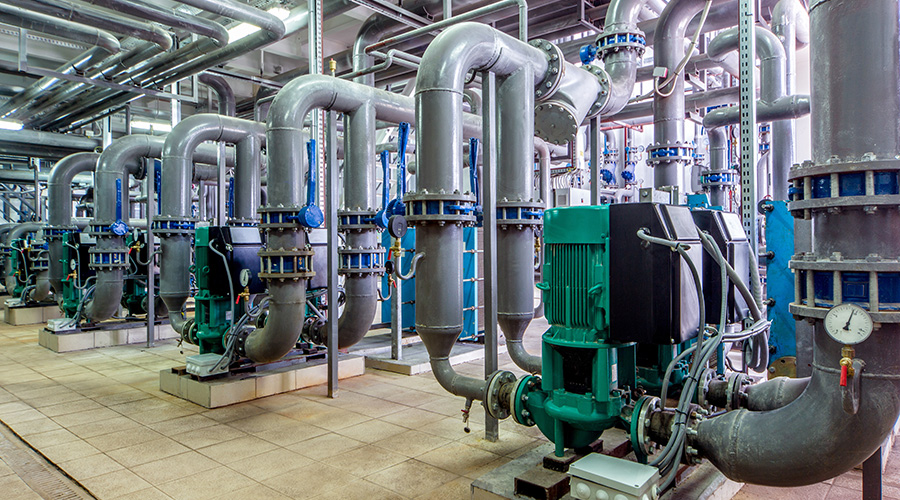Matching Horsepower to Loads Improves Motor Operating Efficiency
Matching the motor’s horsepower and torque ratings to the load — particularly if the existing motor is oversized — will produce a significant improvement in operating efficiency.
It is likely a replacement motor will offer a higher operating efficiency than a motor manufactured before 1992. The Energy Policy Act of 1992 established minimum energy standards for motors with horsepower ratings of 1-200. On average, this standard has increased motor efficiency by 26 percent, which translates into energy savings of 8,760 hours per year.
Motors now on the market go beyond the minimum standards, and, depending on the application, managers might be able to easily justify the additional cost by emphasizing the additional savings they produce.
Related Topics:















